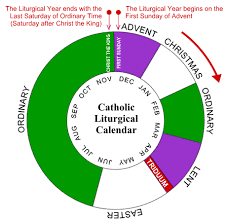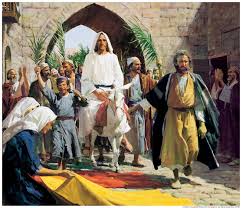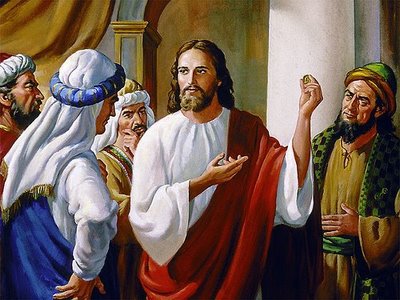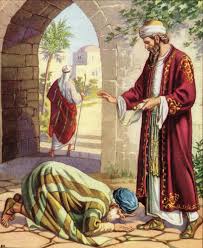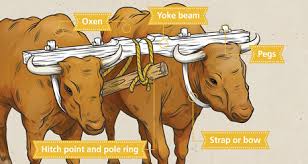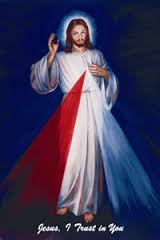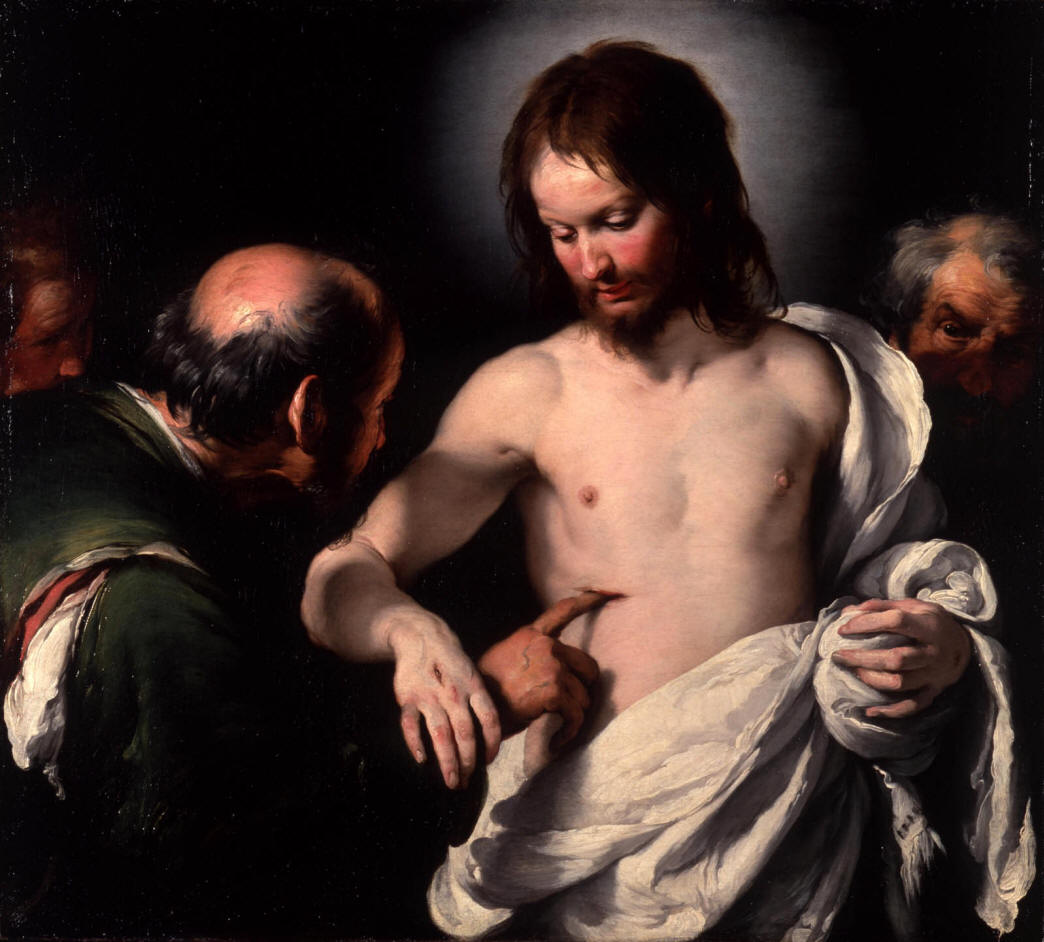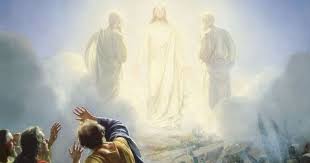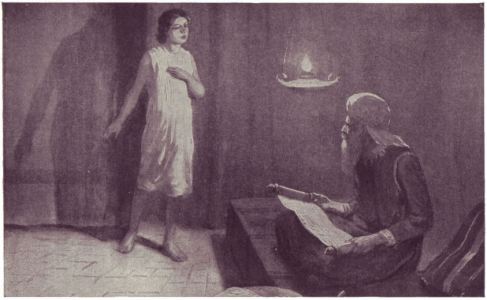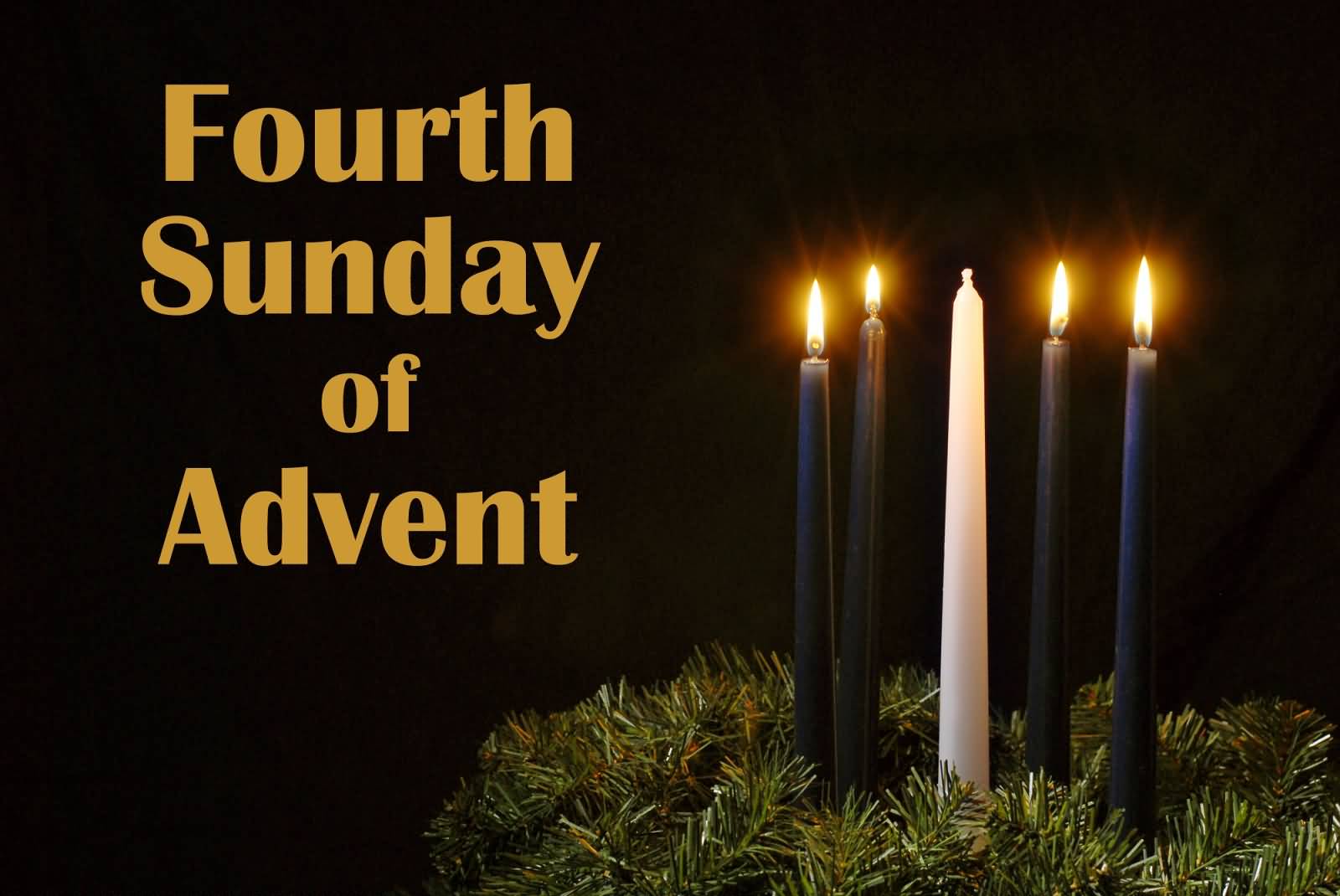Welcome Back to Banquet of the Word!
Our mission is simple:
We want to help everyone in “pew-land” get more out of mass.
Because it’s fun to feel smart about scripture.
Fun fact:
This week we celebrate the Baptism of Our Lord, the official end of the Christmas Season (According to the liturgical calendar, Ordinary Time doesn’t officially begin until the Monday after the Feast of the Baptism of the Lord, which falls on the Sunday after Epiphany.)
1ST READING (IS 42: 1-4, 6-7)
(In Ordinary Time, the 1st Reading is Old Testament. It always links to the Gospel.)
Isaiah is a prophet with whom we’re all familiar, even if just by name. In terms of length, Isaiah takes the cake for the Old Testament prophets at a total of 66 chapters. It is often called “The Fifth Gospel” because it bears witness to Christ unparalleled by any book in the OT.
He prophesied for close to 79 years, during what is arguably the worst time in Israel’s history. Put simply, the people had turned their back on God in a serious way, for a seriously long time (think idol worship, really bad-behaving kings, and exile).
But God gave Isaiah a message to share: Despite the deep darkness in which Israel found themselves, a great light would come.
For Isaiah, the vision of God’s majesty was so overwhelming that military and political power faded in significance. He constantly called his people back to reliance on God’s promises and away from vain attempts to find security in human plans and intrigues.
Kingship & Servant Songs:
Isaiah is known for his 4 “servant songs.” This verbiage resurfaces in the New Testament (and in today’s Gospel). Isaiah writes to a people who are familiar with kings being anointed in their land at huge ceremonies.
They would have heard this kind of language at one of those ceremonies – for example, when David anointed Solomon. In speaking to them in this familiar style, his message is more likely to stick. As you hear this reading at mass, take note that what Jesus does when He comes to live among us in human form – fulfills the prophecy we hear from Isaiah.
Thus says the LORD:
Here is my servant whom I uphold,
my chosen one with whom I am pleased,
upon whom I have put my spirit;
he shall bring forth justice to the nations,
not crying out, not shouting,
not making his voice heard in the street.
a bruised reed he shall not break,
and a smoldering wick he shall not quench,
until he establishes justice on the earth;
the coastlands will wait for his teaching.I, the LORD, have called you for the victory of justice,
I have grasped you by the hand;
I formed you, and set you
as a covenant of the people,
a light for the nations,
to open the eyes of the blind,
to bring out prisoners from confinement,
and from the dungeon, those who live in darkness.
RESPONSORIAL PSALM (122)
You will draw water joyfully from the springs of salvation.
God indeed is my savior;
I am confident and unafraid.
My strength and my courage is the LORD,
and he has been my savior.
With joy you will draw water
at the fountain of salvation.
Give thanks to the LORD, acclaim his name;
among the nations make known his deeds,
proclaim how exalted is his name.
Sing praise to the LORD for his glorious achievement;
let this be known throughout all the earth.
Shout with exultation, O city of Zion,
for great in your midst
is the Holy One of Israel!
2nd READING: ACTS 10: 34-38
(The 2nd reading is usually one of Paul’s letters.It speaks to how the early church spread the Word of Christ after his passion, death and resurrection).
Usually in the 2nd reading, we hear from one of the Paul’s. In this pivotal scene from Acts, Peter, the Rock on whom Christ built the Church, the first Pope, makes a striking announcement to the people – and to us:
Salvation through Christ – which comes through baptism – is not just available to Jews, but also to the Gentiles! This was a shocking discovery. Let’s pause and consider why.
Everyone who was looking forward to the coming of the Messiah – including the Apostles and Jesus – were Jewish. So to them, their Messiah had come.
What they didn’t understand was this was now a New Covenant – this would mean a “new faith” (Christianity) – new practices, new teachings. The concept of a “new faith” or “a new Church” was not yet established.
Peter proceeded to speak to those gathered
in the house of Cornelius, saying:
“In truth, I see that God shows no partiality.
Rather, in every nation whoever fears him and acts uprightly
is acceptable to him.
You know the word that he sent to the Israelites
as he proclaimed peace through Jesus Christ, who is Lord of all,
what has happened all over Judea,
beginning in Galilee after the baptism
that John preached,
how God anointed Jesus of Nazareth
with the Holy Spirit and power.
He went about doing good
and healing all those oppressed by the devil,
for God was with him.”
If I were Peter or Paul, charged with that task, I can only imagine the reliance I would need to put on my prayer life and the work of the Holy Spirit.
Bonus Material: Who exactly was Cornelius?
He’s a Roman Centurian – a Gentile. In the reading, Peter preaches the Gospel to Cornelius and other Gentiles for the first time. Here’s where it gets cool.
After preaching the gospel (keep reading in Acts 10), Peter sees the gentiles experience the same things that had happened at Pentecost – like speaking in tongues – so he recognizes this turn of events as a “second Pentecost” – when the Holy Spirit came down and baptized 3,000 people all at ones. Peter proceeds to baptize this group of men.
It’s Peter’s “a-ha” moment: He knows with certainty that God wants ALL people to receive salvation through His Church, beginning with baptism.

Mark 1: 7-11
(This is the highest point in the liturgy. It is why we stand; we are about to hear from and be instructed by Christ himself)
The prophets of old said “Before the Messiah comes, look for Elijah.”
John the Baptist is acting like “the new Elijah” – who leads the way to Jesus. John brought words of power to the people to whom he preached, and the people thought he might be the Christ. In the reading, the people have just been baptized by John, but John now describes the One who is to Come.
This is what John the Baptist proclaimed:
“One mightier than I is coming after me.
I am not worthy to stoop and loosen the thongs of his sandals.
I have baptized you with water;
he will baptize you with the Holy Spirit.”
It happened in those days that Jesus came from Nazareth of Galilee
and was baptized in the Jordan by John.
On coming up out of the water he saw the heavens being torn open
and the Spirit, like a dove, descending upon him.
And a voice came from the heavens,
“You are my beloved Son; with you I am well pleased.”
Why is Jesus baptized if He’s God? I like this explanation from Catholic Online:
“The Word Incarnate stands in the waters of the earth which was created through Him, and begins the re-creation of everything. Into these waters, through which the people of Israel were once delivered, the entire human race is now invited to follow Jesus. What was once the means of God’s judgment and purification at the time of Noah, now fills the Baptismal font where men and women are delivered from sin and made new.”
Wow. At this moment, for the first time, we see all three persons of God present simultaneously: Jesus is there, the Holy Spirit descends on Him like a Dove, and the voice of God the Father is heard from above quoting the servant song of Isaiah 42:
“You are my beloved Son, with You I am well pleased.” Wow again.
Where in our lives do we need to be cleansed? Where do we need to be ‘re-created’ and begin anew?
Although we’ve already been baptized, our sacramental life – through Eucharist and Reconciliation – are the tools Jesus left on Earth for us so that we would have access to His Sacramental, Heavenly Grace.

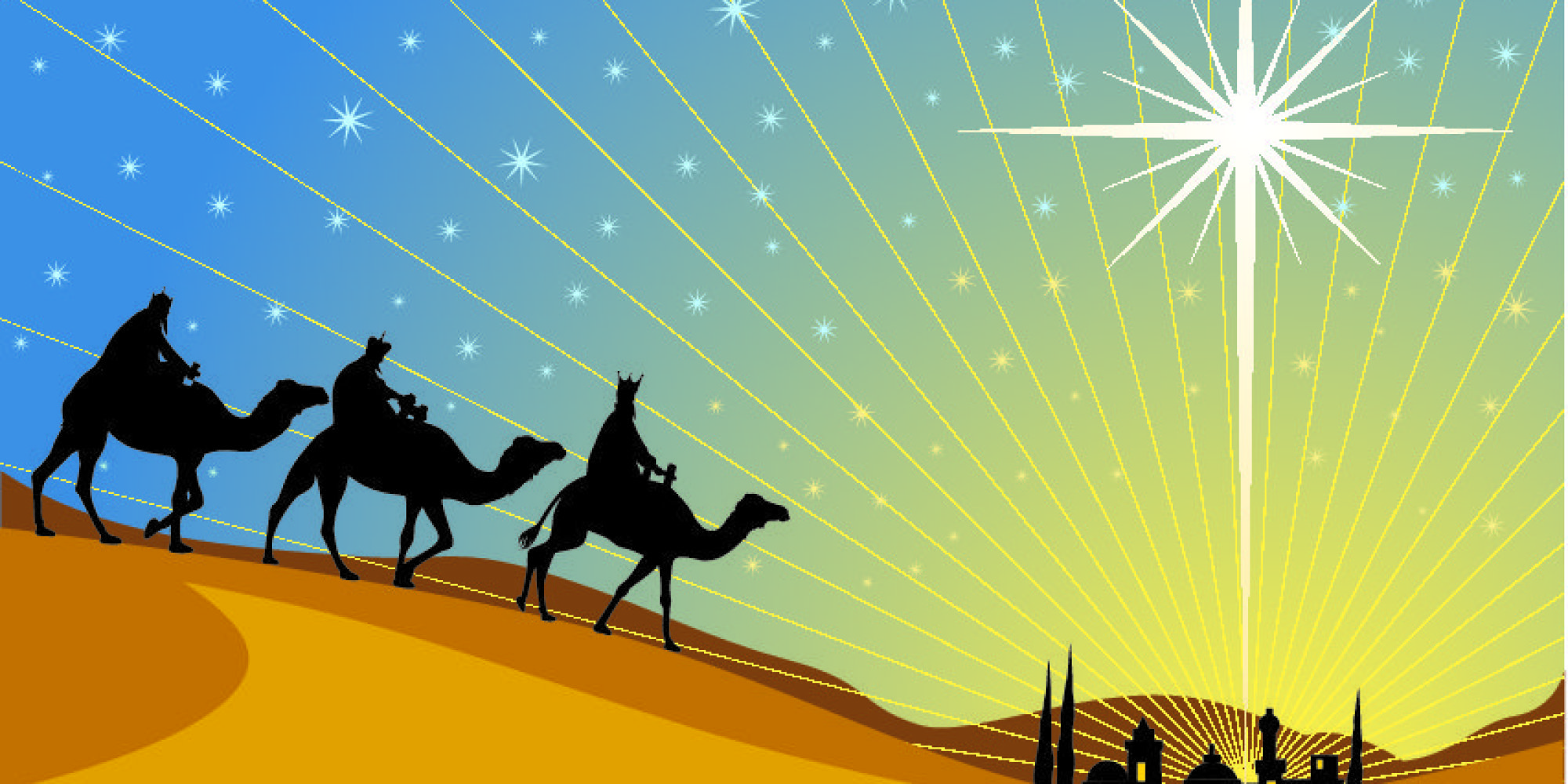

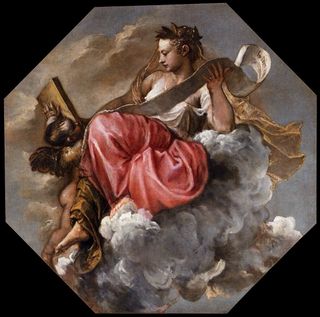

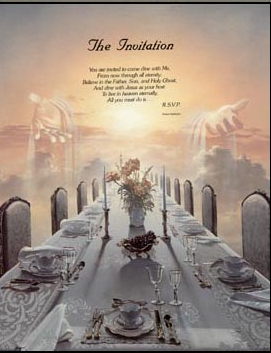
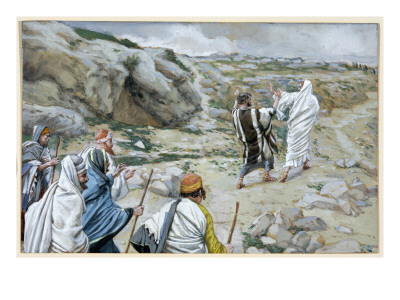 He turned and said to Peter, “Get Behind Me, Satan.”
He turned and said to Peter, “Get Behind Me, Satan.”


